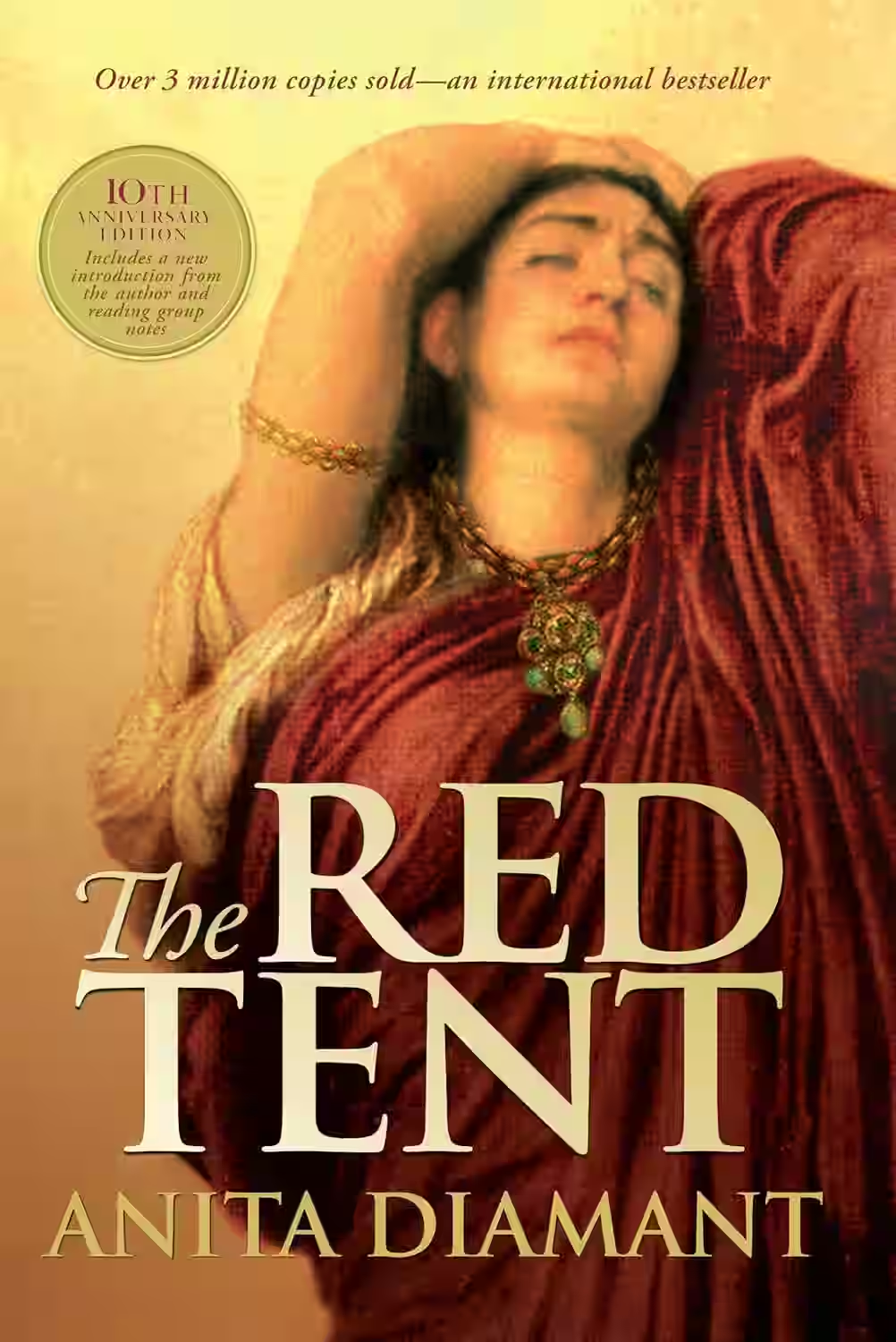
Anita Diamant's 'The Red Tent' is a captivating novel that reimagines the biblical story of Dinah, daughter of Jacob. Set in ancient times, the book delves into the lives of women in a male-dominated society, highlighting themes of sisterhood, resilience, and the power of storytelling. Through Dinah's perspective, readers are taken on a journey of love, loss, and the complexities of family dynamics. The red tent, where women gather during menstruation, becomes a symbol of female solidarity and strength. Diamant's rich prose and vivid imagery bring this historical fiction to life, offering a fresh and poignant take on a well-known biblical tale.
About Anita Diamant
Anita Diamant is a renowned American author known for her captivating storytelling and meticulous research. Born in Brooklyn, New York, Diamant has a background in journalism and writing, which is evident in her detailed and engaging prose. She gained widespread acclaim for her novel 'The Red Tent,' a compelling retelling of the biblical story of Dinah that delves into female relationships and empowerment. This bestselling book solidified her reputation as a masterful writer who expertly weaves together history, religion, and feminism. Diamant's works often explore themes of identity, family, and faith, resonating with readers worldwide and leaving a lasting impact on contemporary literature.
Similar Books
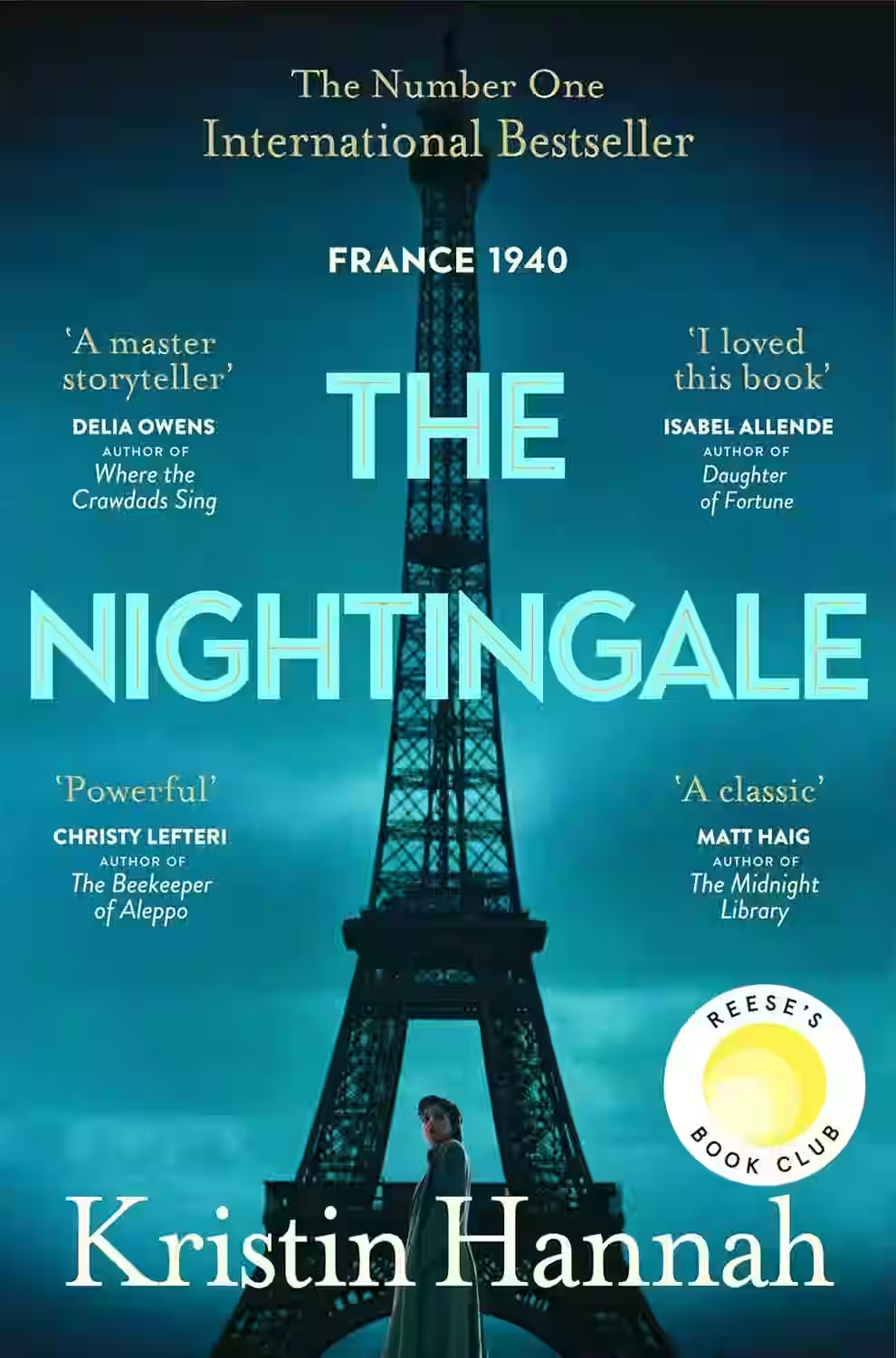
The Nightingale
Kristin Hannah's 'The Nightingale' is a poignant tale set in Nazi-occupied France during World War II, following the lives of two sisters, Vianne and Isabelle, as they navigate love, sacrifice, and resistance. Vianne, a mother and wife, faces impossible choices to protect her family, while Isabelle joins the French Resistance, risking everything to fight for freedom. The novel beautifully captures the complexities of human relationships, the horrors of war, and the strength of women in the face of adversity. Through vivid storytelling and well-developed characters, Hannah weaves a gripping narrative that will tug at your heartstrings and linger in your thoughts long after finishing the last page.
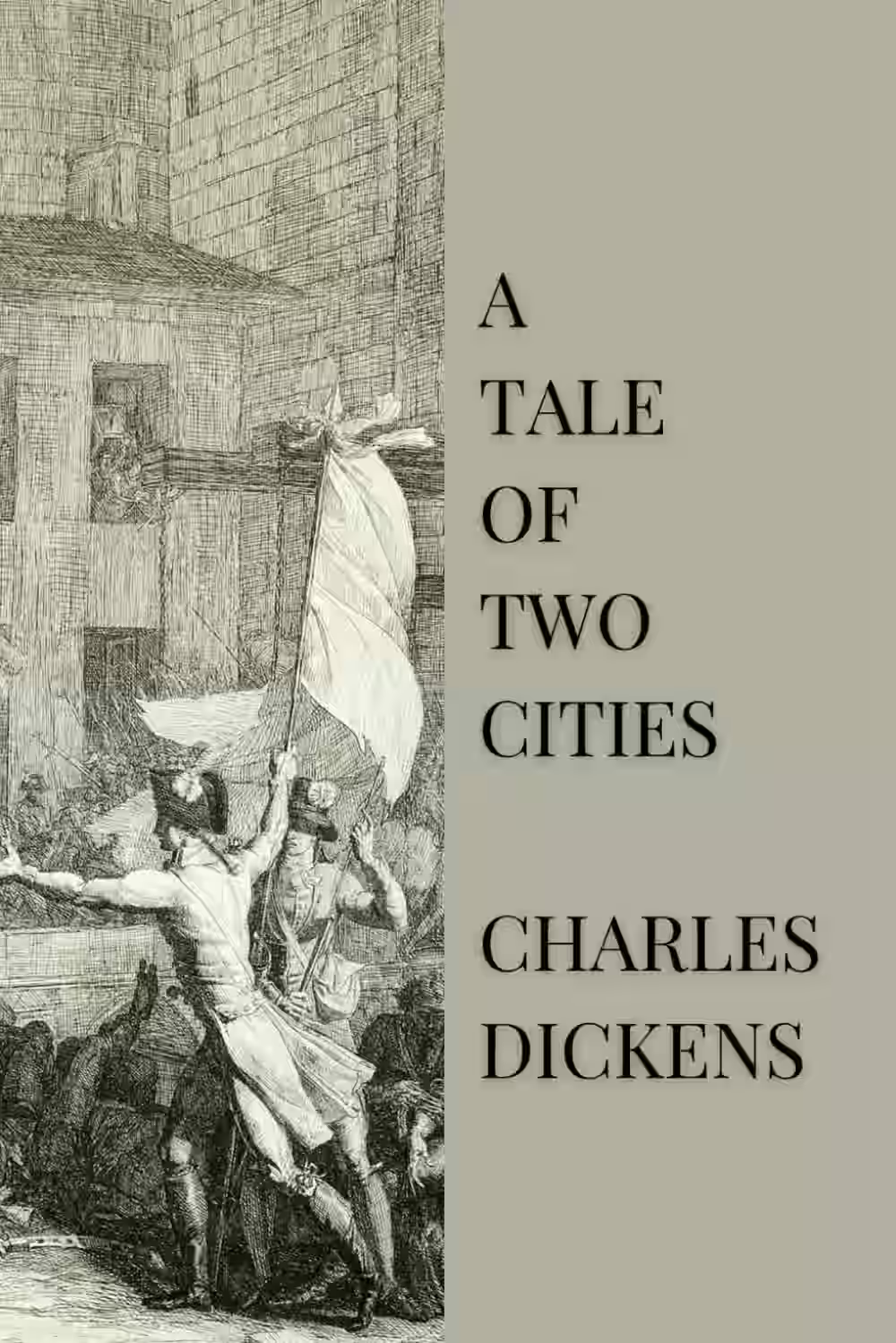
A Tale of Two Cities
In Charles Dickens' 'A Tale of Two Cities,' the turbulent backdrop of the French Revolution sets the stage for a gripping narrative of love, sacrifice, and redemption. The novel intertwines the lives of characters from London and Paris, illustrating the stark contrasts between the two cities during a tumultuous time in history. Through intricate plots and vivid descriptions, Dickens explores themes of resurrection, oppression, and the consequences of societal injustice. As the characters navigate personal struggles and political upheaval, the story builds towards a powerful climax that resonates with themes of hope and renewal. 'A Tale of Two Cities' remains a timeless classic that captivates readers with its profound insights into human nature and the enduring power of love and sacrifice.
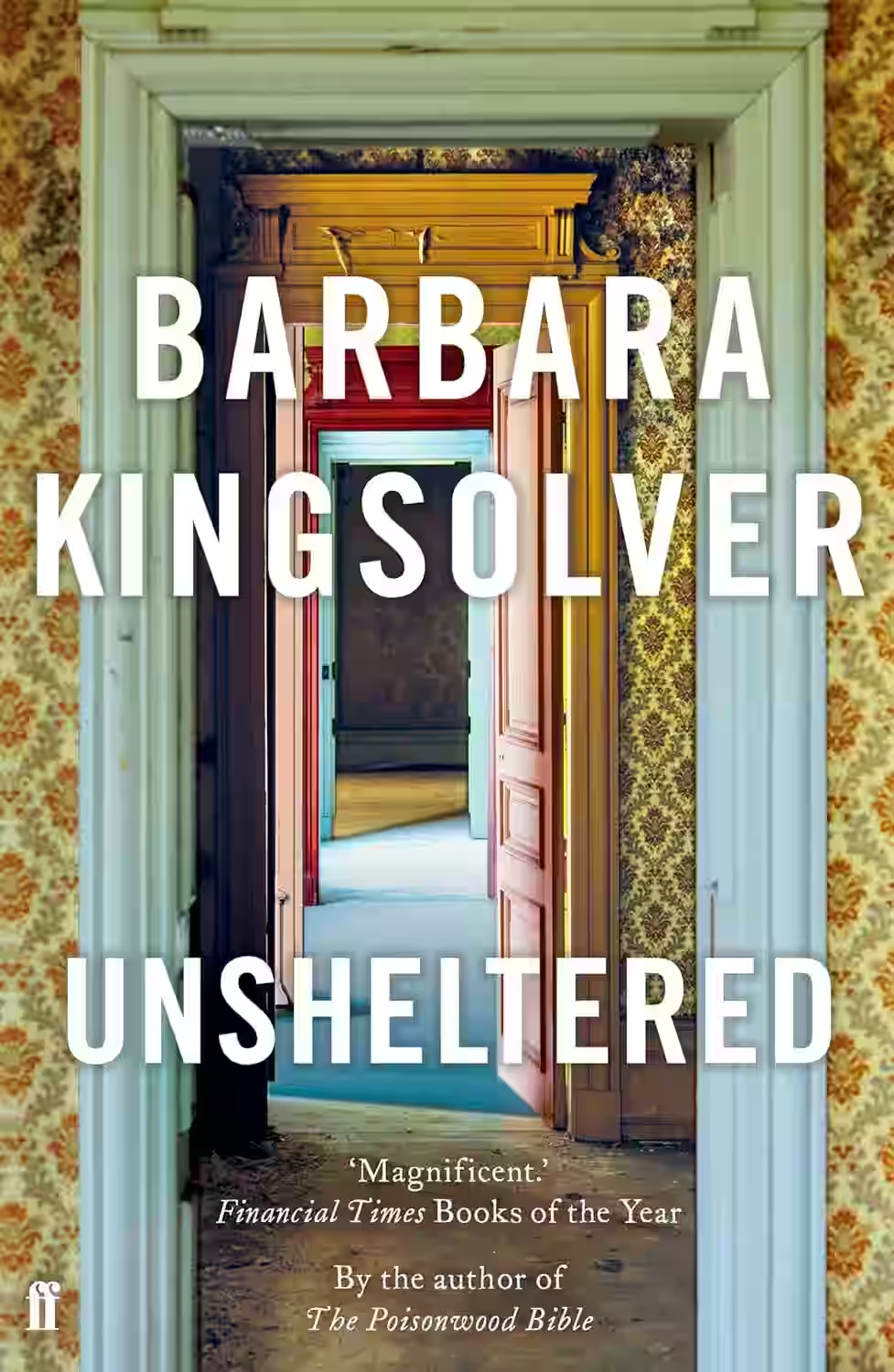
Unsheltered
Barbara Kingsolver’s 'Unsheltered' weaves a compelling narrative that delves into the volatility and uncertainty of human existence through a dual timeframe approach. Set in the same New Jersey house in the 19th century and the present day, the story follows two families grappling with socio-economic upheavals, challenging relationships, and evolving societal values. Kingsolver expertly intertwines historical and contemporary anxieties, exploring themes of resilience, adaptation, and what it means to live without a firm foundation. The novel's insightful parallel between climate change and societal change invites readers to reflect deeply on their own worlds. Kingsolver's crisp, vivid prose and meticulous character development create an immersive experience, making 'Unsheltered' both thought-provoking and emotionally resonant.
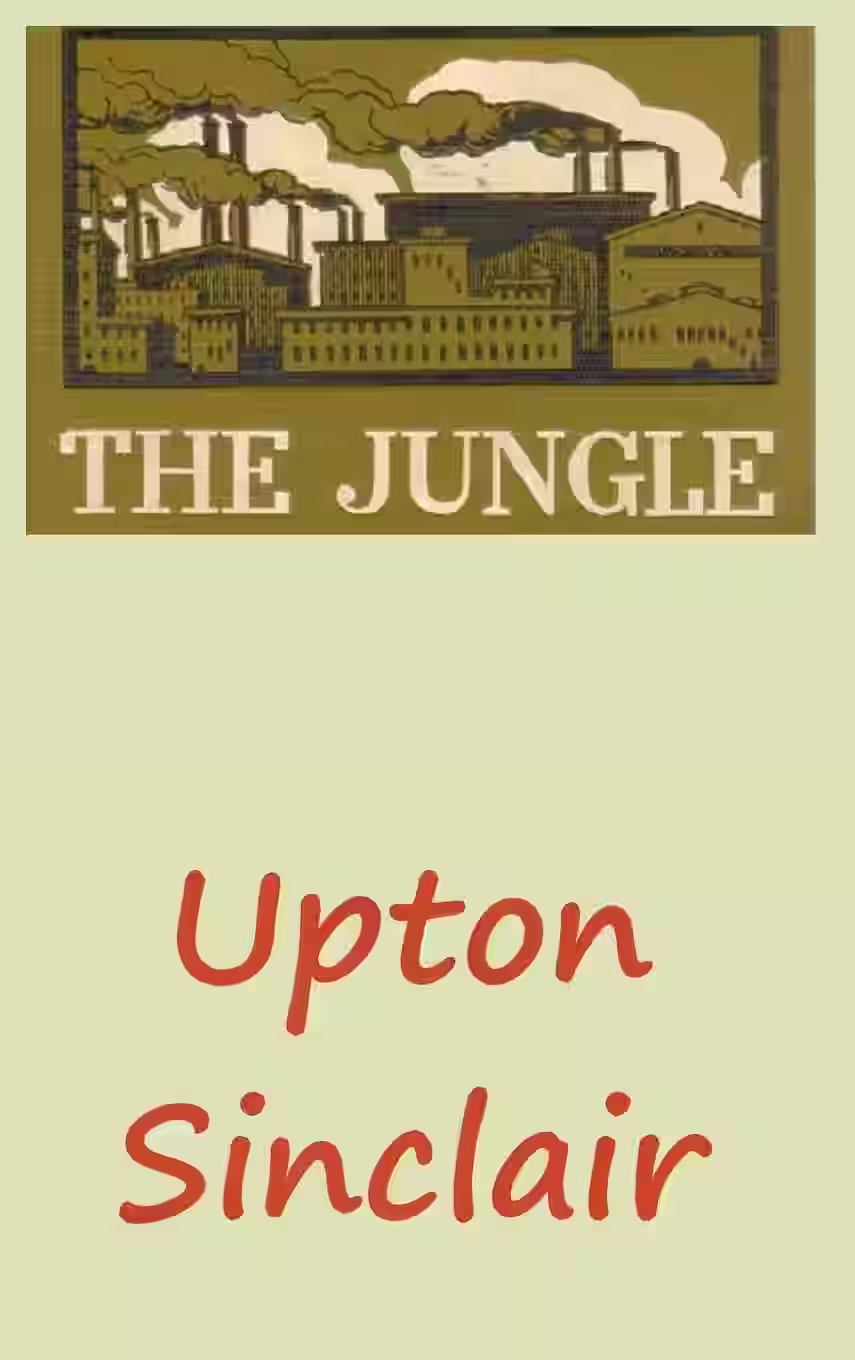
The Jungle
A harrowing expose of the American meatpacking industry in the early 20th century, The Jungle follows immigrant worker Jurgis Rudkus as he endures exploitation, poverty, and tragedy. Intended to highlight workers’ rights, it shocked readers with its depiction of unsanitary conditions, leading to major food safety reforms. Sinclair’s powerful, muckraking novel remains a classic of social criticism and a landmark in investigative literature.